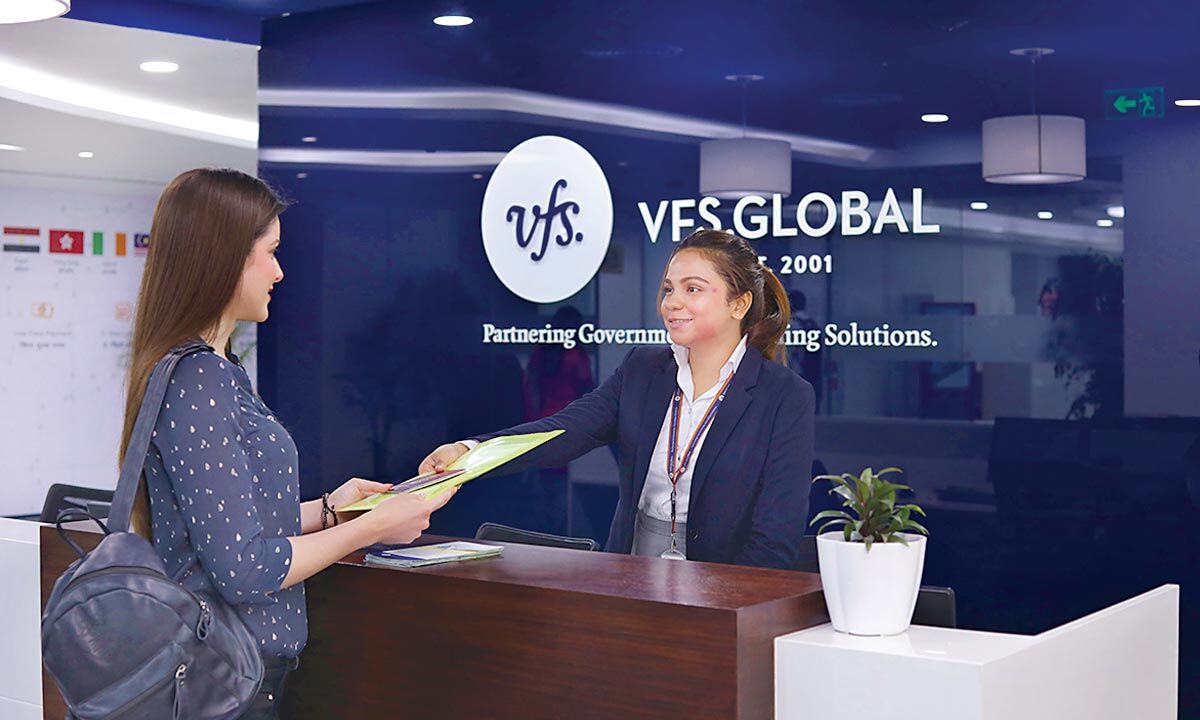Entrepreneurs
VFS Global’s Rise, Reach, and Controversies in Visa Processing

VFS Global is one of the greatest companies in the world and a leading visa and passport processing service provider that enables millions of travellers to manage their applications efficiently. However, the influence of this company comes with a very broad range of accolades and controversies. With its over 147 country offices, VFS Global manages visa applications for more than 60 governments, giving much-needed administrative support to millions traveling across borders each year. This has made the company spread all over the globe, though challenges have accompanied this expansion-from insecurity to price and customer service criticisms.
VFS Global was founded in 2001 by Zubin Karkaria while he was the CEO of Kuoni Travel. Realizing that visa processing should be streamlined, Karkaria’s model provided the reduction of administrative job burdens at embassies and consulates, thereby saving them loads of work as well as efficiently completing a visa application process for applicants. Beginning in Mumbai, the business grew quickly as it was awarded a prized contract by the UK government to process visas from India. VFS Global had by 2007 signed an agreement with UK Visas and Immigration, expanding its reach to 33 countries and massively increasing its global footprint.
This growth made VFS Global the anchor in the market of the visa processing industry, receiving service fees directly paid by the applicants. In the recent past, VFS Global consolidated its position on the market using strategic acquisitions. Such a move included the acquisition in 2017 of TT Services. It further cemented itself as a one-stop shop for global visa needs, processing applications for all destinations.
Despite such achievements, VFS Global has also been involved in some very notable controversies, especially related to data security. Very early on in the group’s operations, serious data breaches occurred related to UK visa applications where sensitive information became freely accessible due to an error. Such exposure affected applicants from many countries, including India and Nigeria, thus attracting British government investigations. While VFS Global undertook measures to strengthen its data security, similar breaches had later emerged, and the protection of personal data continues to be an issue of concern.
VFS Global is alleged to be mired in monopolistic business practices because it often exercises its position as the only issuer for a country’s visa processing. Fees are said to be extremely high, and consumers are said to be forced to pay an extra sum to receive the “premium” services. Governmental officials and advocacy groups talk about how this has made it an exploitative system, especially considering that some travellers face long delays, administrative failures, and wrongful denial based on their country of origin.
In response, VFS Global has maintained that its fees reflect the premium services offered, though these concerns have led to investigations, including one by the South African Competition Commission in 2014, which looked at the company’s market dominance.
Recently, VFS Global came under negative flak in Canada because the French-speaking applicant was forced to use English in order to get visa application services-an issue contrary to the bilingual language policies of Canada. Quebec officials along with its Minister Jean-François Roberge openly condemned the incident to focus attention on the rights of the citizens regarding languages. Such an incident brought into focus a much greater requirement for greater inclusiveness in operations managed by the company when a country offers more than one official language.
Road Ahead for VFS GlobalIn the journey of expansion, growth must fit into the balance with transparency and responsibility. Some fresh investment from Blackstone in 2021 may have bought into fresh vigour, but it comes with additional pressure from governments and the public at large. While visa and immigration processes remain the lifeblood of international travel, VFS Global will play a position that cannot be ignored while enabling cross-border movement. Still, to continue at the top of its game, the company will be driven to address its long-standing criticisms on issues of security, fine-tune customer service, and bring in more accountability within its monopolistic market.
VFS Global makes travel not just easier but less hassle-prone. Yet, for the company, the future may also depend on how it addresses and rectifies the persistent issues and controversies that have shadowed its phenomenal rise.
